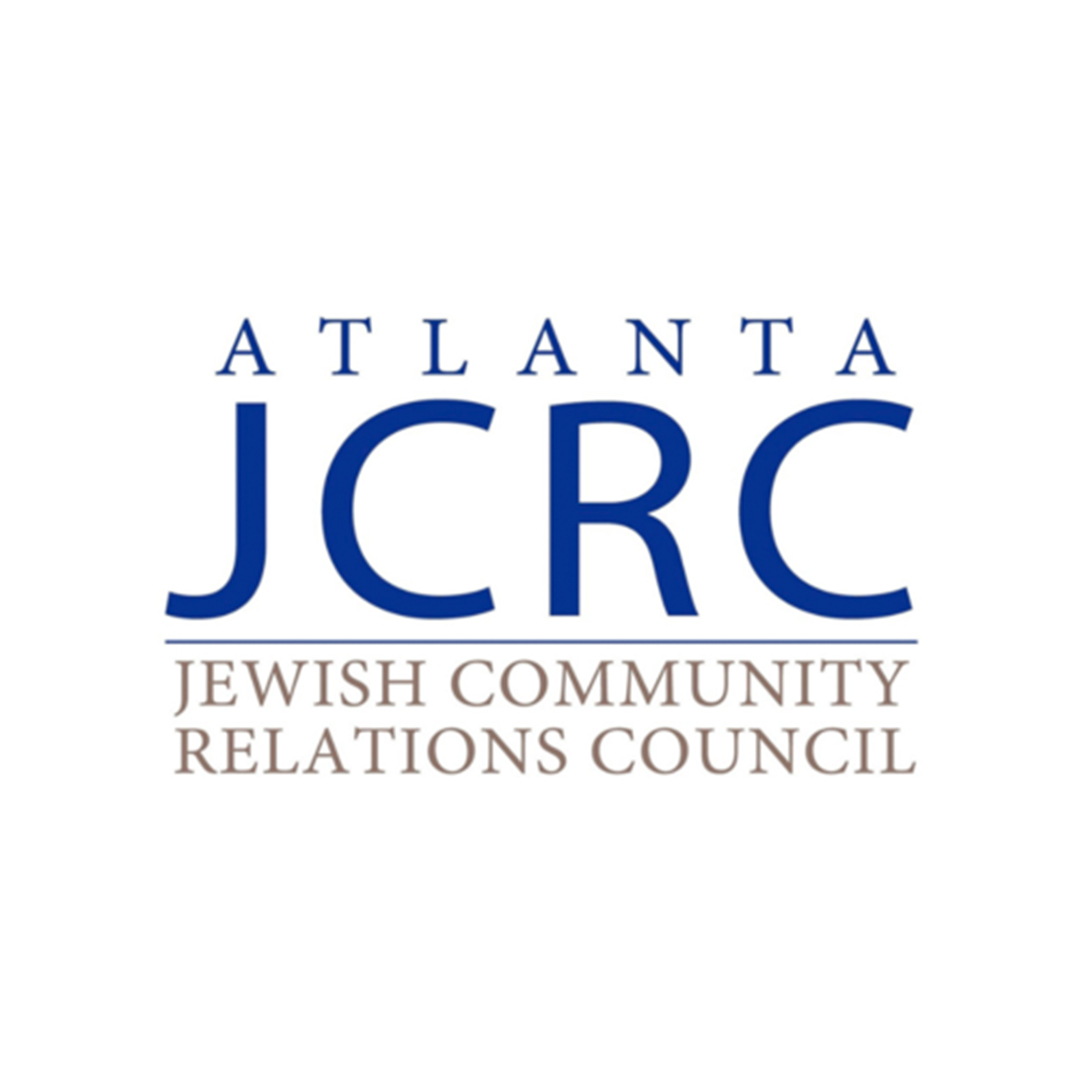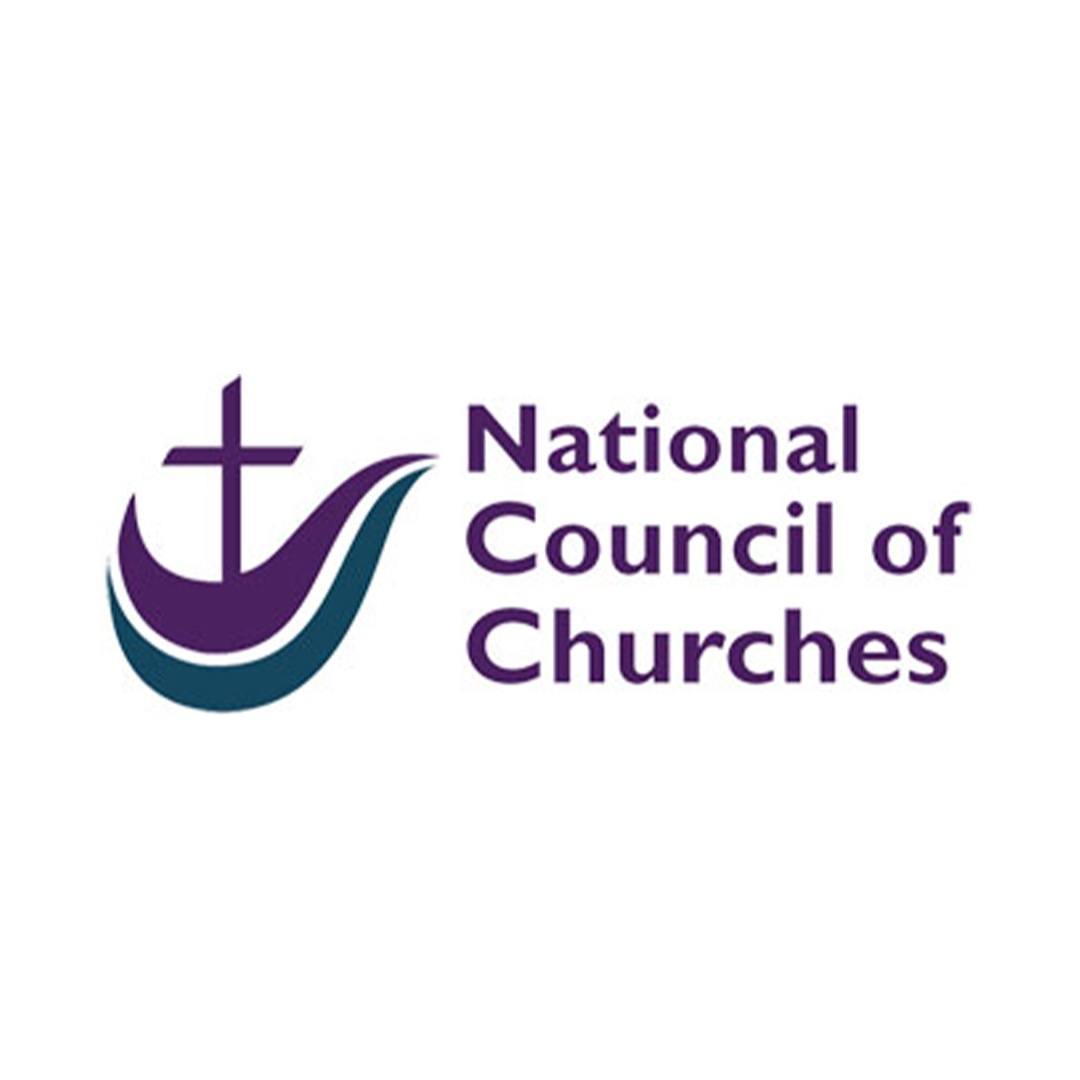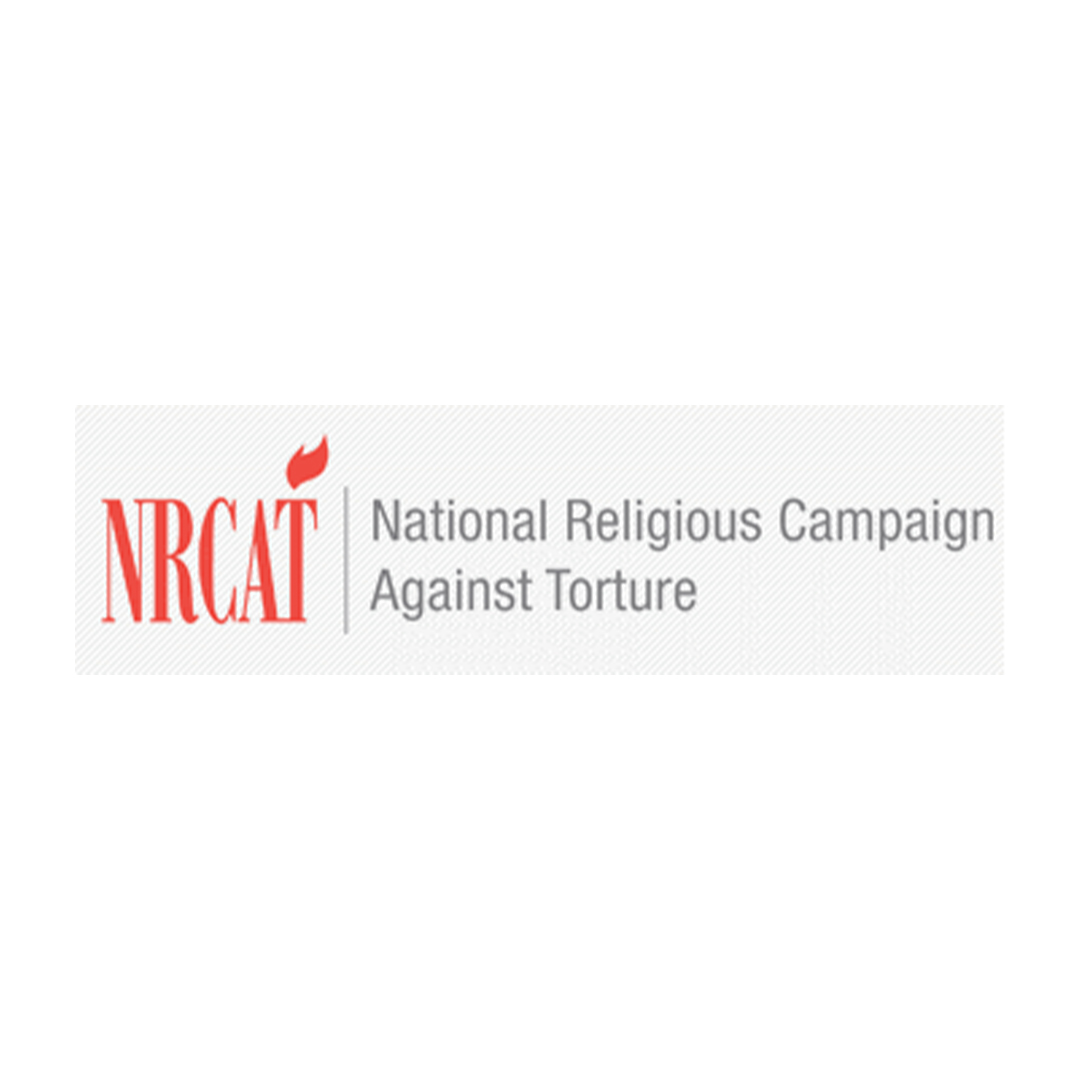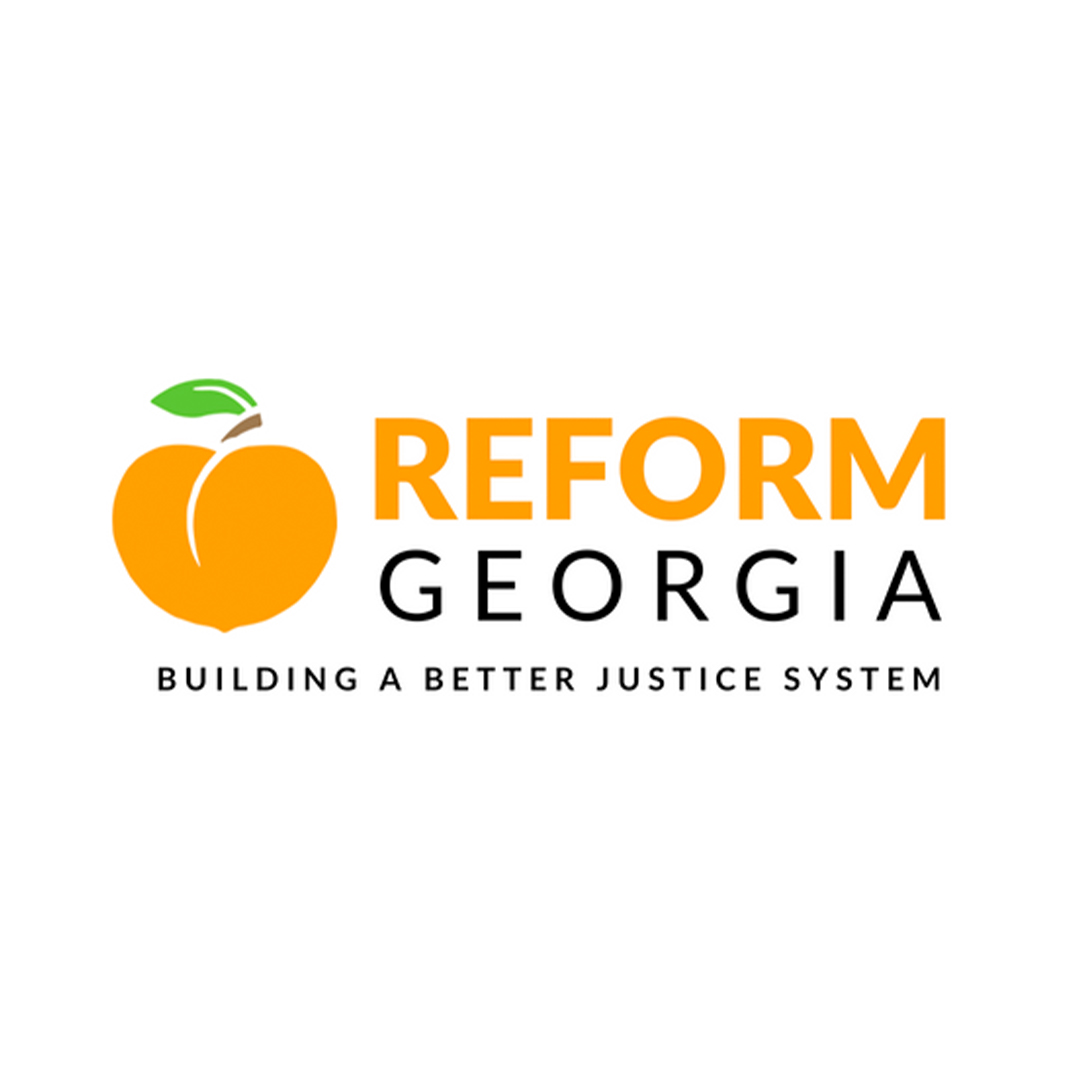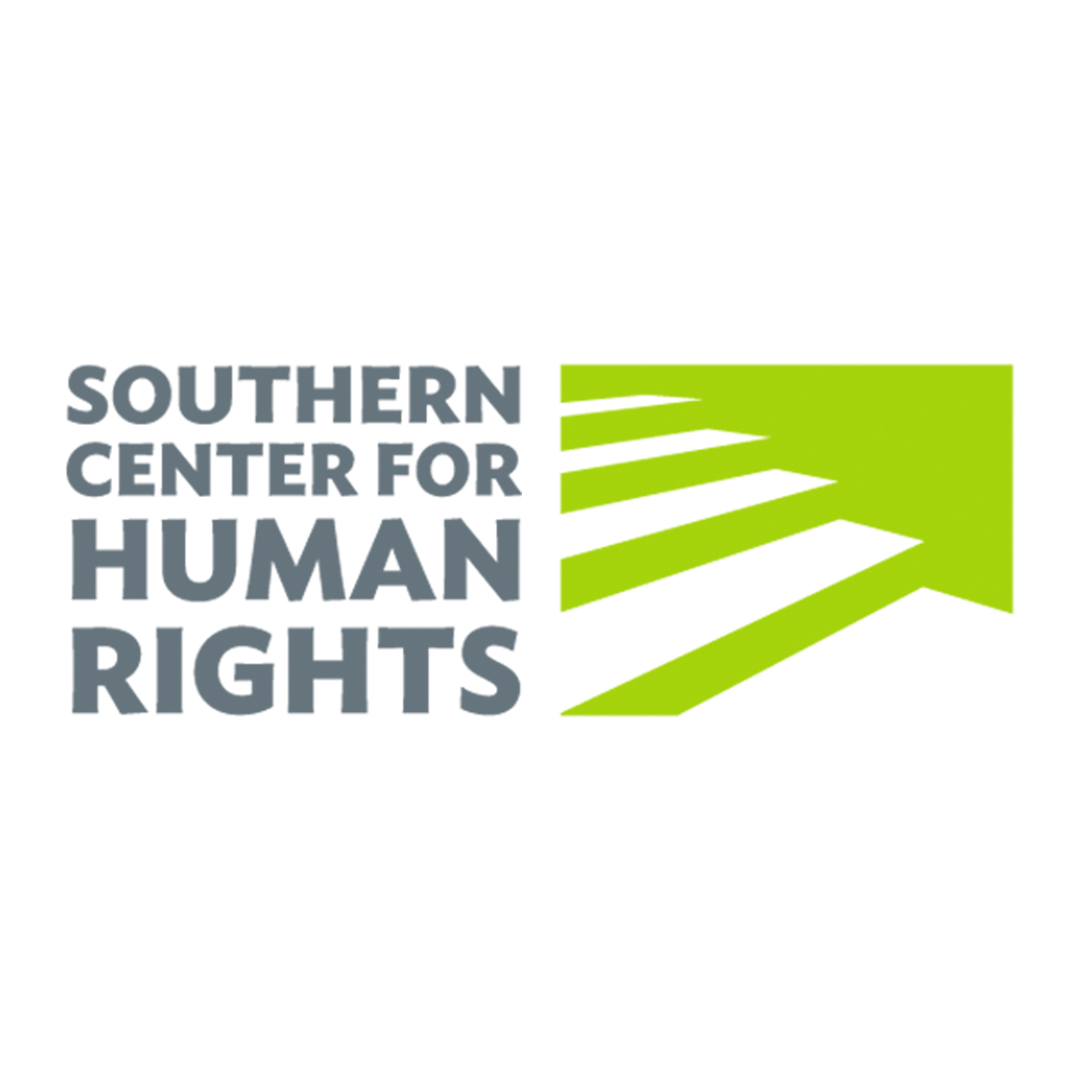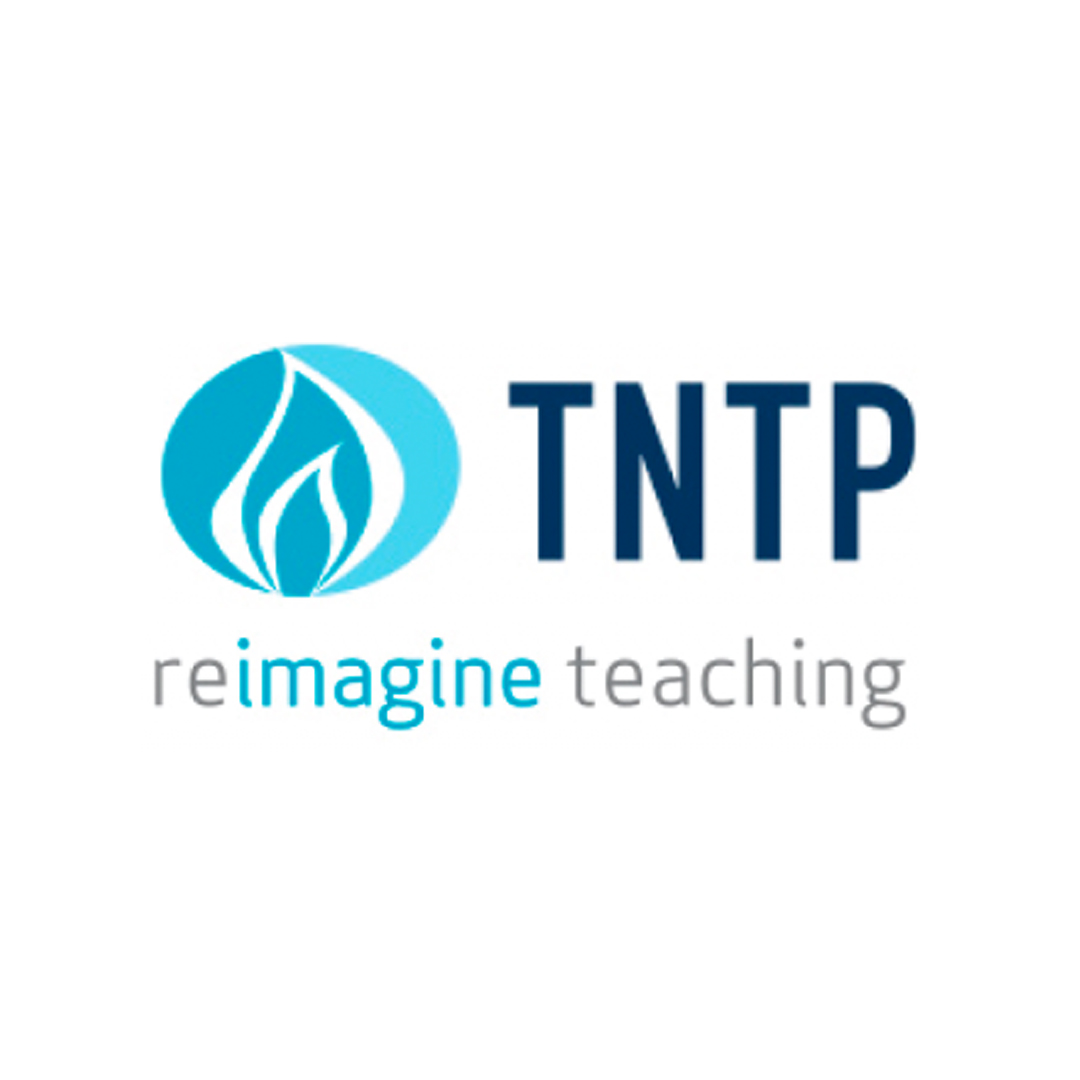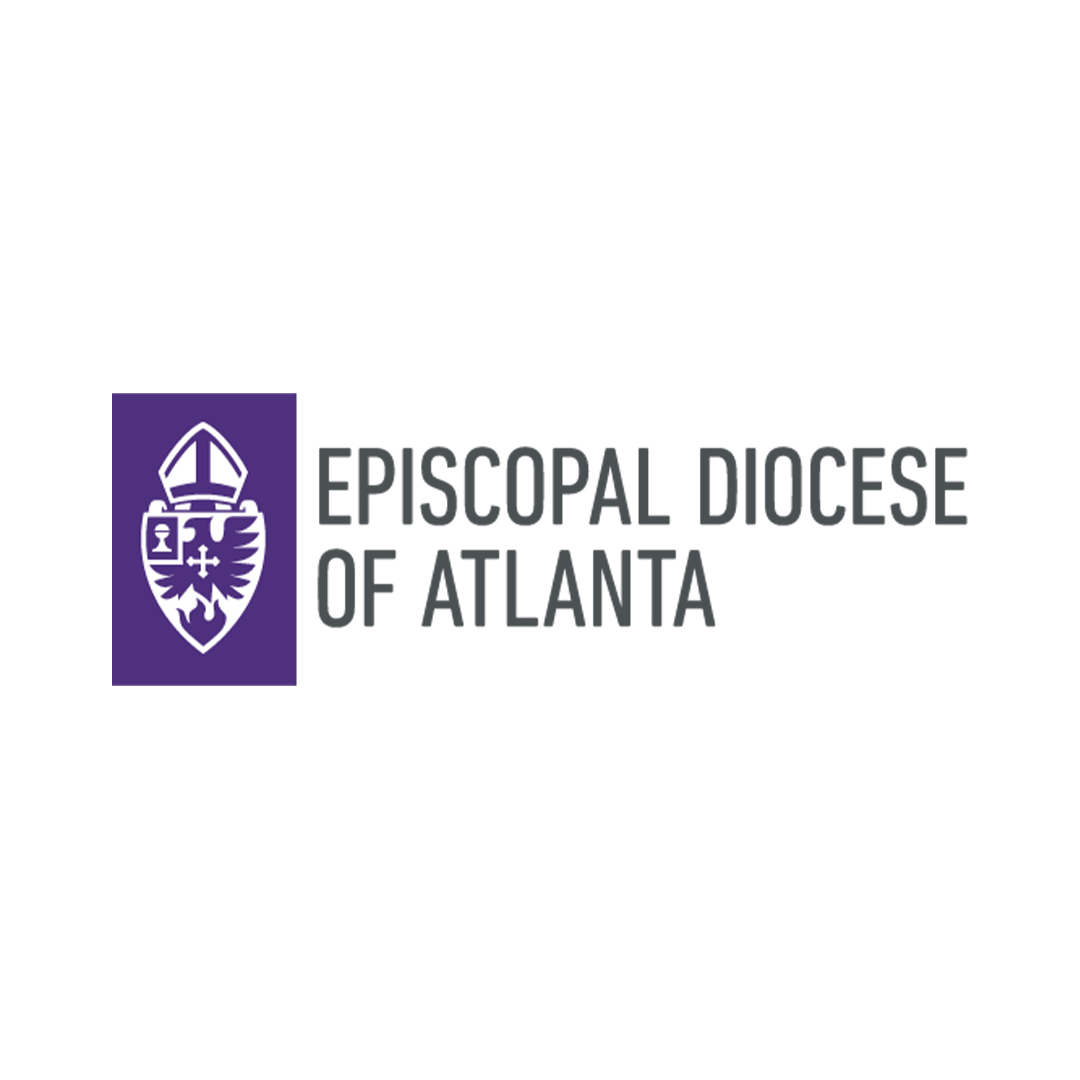Mission
The Multifaith Initiative to End Mass Incarceration (EMI) leverages the power of U.S. faith leaders and communities to emphatically demand and act for an end to mass incarceration on the local and national level.
Goals
We engage congregations and their leaders to educate their communities and move them towards actions that end mass incarceration. We offer models and training toward changing the narrative of incarceration, lifting up theologies of forgiveness, compassion, and justice. We lead faith communities in advocating for substantive change to public policy.
Vision
EMI organizes an effective moral witness against the laws, policies, and policing practices that contribute to mass incarceration, drawing upon ancient traditions, moral vocabulary, and institutional strength to address the depth of this human rights catastrophe. We employ these strengths to seed an alternative system rooted in love, mercy, atonement, restoration, and transformation that promotes human thriving equitably for all.
The Conveners
Regions
EMI is currently focused in transformative work in six American regions: the New York City metropolitan area; Georgia with a base in Atlanta; Arkansas with a base in Little Rock; Wisconsin with a base in Milwaukee; Texas with a base in Dallas; and Southern California with a base in Los Angeles. EMI has strong local faith and non-profit partners in these regions, along with philanthropic connections.
About the multifaith movement to
End Mass Incarceration
In no area of American society are the legacies of slavery and racism more evident than in the criminal legal system. Despite making up only 12% of the U.S. population, Black people make up 50% of the country’s prison population. Both Black and Latinx people are more than twice as likely as others to be held in detention prior to trial, which increases the likelihood of prison sentences after trial and for longer periods of time.

The multifaith community is uniquely positioned to draw upon ancient traditions, moral vocabulary and the institutional strength of collective witness to address the depth of this human rights catastrophe. A number of ministries and congregations actively support those who are presently or formerly incarcerated, but religious communities have yet to speak in a clear and coherent theological voice about the systems that perpetuate mass incarceration. Faith communities can play a critical role in organizing an effective moral witness against the laws, policies, and policing practices that contribute to the continuing evolution of mass incarceration.
The concerns around mass incarceration are shared by a wide variety of constituencies. As a result, this issue has great bridge-building potential across theological, political, geographic and ideological differences. We continue to actively involve the voices and leadership of the formerly incarcerated, along with their families, in the planning and implementation of our work. We are committed to ensuring such leadership remains at the center of our efforts.

Moving forward, the three main foci for the EMI Initiative are congregational engagement, narrative change and public policy education.
Congregational Engagement
We plan to convene, train, and equip leaders of faith and moral courage and their communities using practical tools to facilitate local work on the issue of mass incarceration. For some, it may be an expansion of existing work. For others, it will be the first time engaging with the issue. Our main tool will be the Faith Toolkit. Created in partnership with Public Square Media, along with many other faith-rooted and secular partners, this guide provides practical, user-friendly resources that can help congregations engage in strategies that are manageable, doable and organic for each community. Topics include the “sealing” or “erasing” of a legal record of an arrest or criminal conviction, known as an expungement; “bail outs” that highlight the unfairness of the cash bail system; and promotion of restorative justice practices.
Priorities for this area of work includes:
- hiring a director for the Initiative
- enhancing administrative support based at Ebenezer Baptist Church
- developing resources to scale the number of faith communities utilizing the Faith Toolkit
- traveling to various sites to assist with Toolkit implementation
- supporting consultants who provide implementation assistance
- continue development of the Faith Toolkit
Narrative Change
We know that stories can have a significant impact in shaping public perceptions. The stories of those who have been directly and indirectly impacted by the criminal legal system are compelling and illustrate the multiple levels at which the current system is biased and unfair. Our intention is to:
Priorities for this area of work includes:
- conduct research and collect anecdotes around compelling stories
- create accessible and inclusive theological messages
- educate and train leaders of faith and moral courage in using these messages to effect change
- develop and implement a story-based strategy rooted in faith, love and inclusion
Public Policy Education
There is a need for public policy education in order to support efforts by leaders of faith and moral courage in educating policy makers and shapers at state and federal levels. We plan to convene faith-rooted justice leaders at national and local levels to encourage their engagement in public policy education. The primary policy focus for the next year will be related to expungements and “clean slates.”
Priorities for this area of work includes:
- holding Federal policy briefings via in-person convenings and video calls
- partnering with existing federal, faith-rooted public policy efforts already underway
- supporting new and existing faith-rooted, state-focused policy education efforts
About the 2019 “Let My People Go” Conference
From June 17-19, 2019, in Atlanta, Georgia, the Multifaith Initiative to End Mass Incarceration held our first conference, Let My People Go: Ending Mass Incarceration, to launch a multifaith response to mass incarceration. This multifaith, multiracial gathering drew more than 400 registered conference attendees representing 27 states. In addition, more than 1,000 individuals attended the opening sessions of the Conference that featured Dr. Michelle Alexander, author of The New Jim Crow: Mass Incarceration in the Age of Colorblindness, and Rev. Dr. Raphael Warnock, senior pastor of historic Ebenezer Baptist Church. Workshop leaders and attendees also included the formerly incarcerated, those directly impacted by incarceration, denominational representatives, judges, nonprofit leaders, prosecutors, lay leaders from various faith traditions, and lawyers. Participants were given a faith toolkit in both hard copy and electronic form to serve as a guide for congregational engagement. Most attendees made a commitment to do at least one action shaped by the Faith Toolkit before the end of the 2019 calendar year.
Partners
Current partners include: American Baptist Home Mission Societies, American Civil Liberties Union, Columbia Theological Seminary, Council on American-Islamic Relations (CAIR) Georgia, Criminal Justice Initiative Fund, Episcopal Diocese of Atlanta, First Presbyterian Church of Atlanta, Georgia Justice Project, Georgia Power, Jewish Community Relations Council (JCRC) of Atlanta, Jewish Council for Public Affairs, National Council of Churches, National Incarceration Association, National Religious Campaign Against Torture, New Georgia Project, Odyssey Impact, Progressive Women Candidates Forum, Public Square Media, Reform Georgia, Southern Center for Human Rights, Southern Education Foundation and The New Teacher Project.
The Multifaith Initiative to End Mass Incarceration embodies bridge-building across philosophical, political and theological divides. EMI seeks to position the faith community as a partner in existing efforts to strengthen voices, serve as a catalyst for the breakdown of polarizing influences in our country and build new avenues for engagement.
Videos
Annual Freedom Day Bailout at the Ebenezer Baptist Church.
Excerpt from the film Faith in Action by Public Square Media, focused on record restriction.
Pipeline to Possibilities – The Essential Role of Prosecutors in Ending Mass Incarceration
Pipeline to Possibilities – The Impact of Judges in Ending Mass Incarceration
Contact Us

Odyssey Impact is a 501 (c) 3 non profit charitable organization. Our Tax Exempt ID is 13-3445556.
Carefully crafted by DARCO Creative Studio
